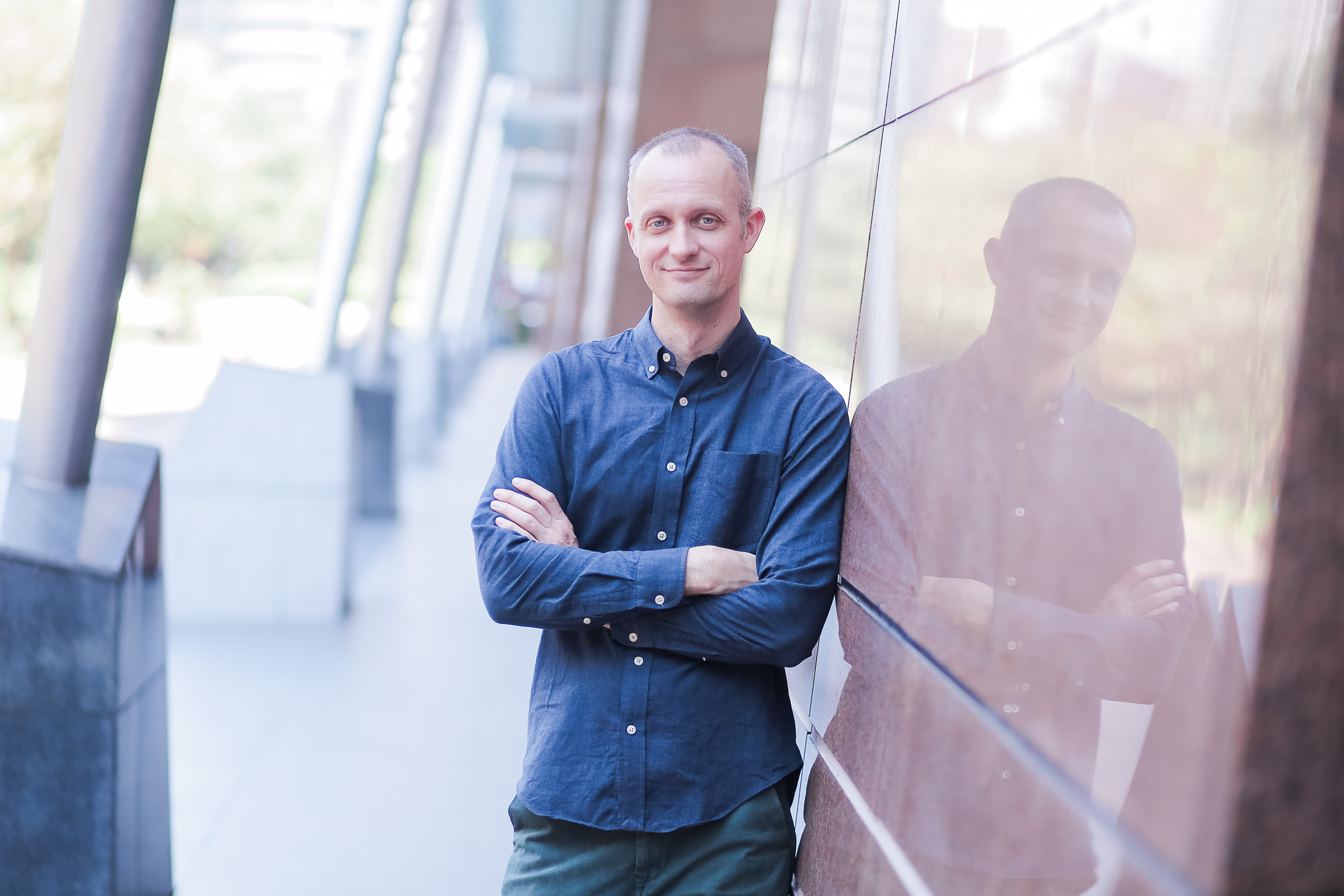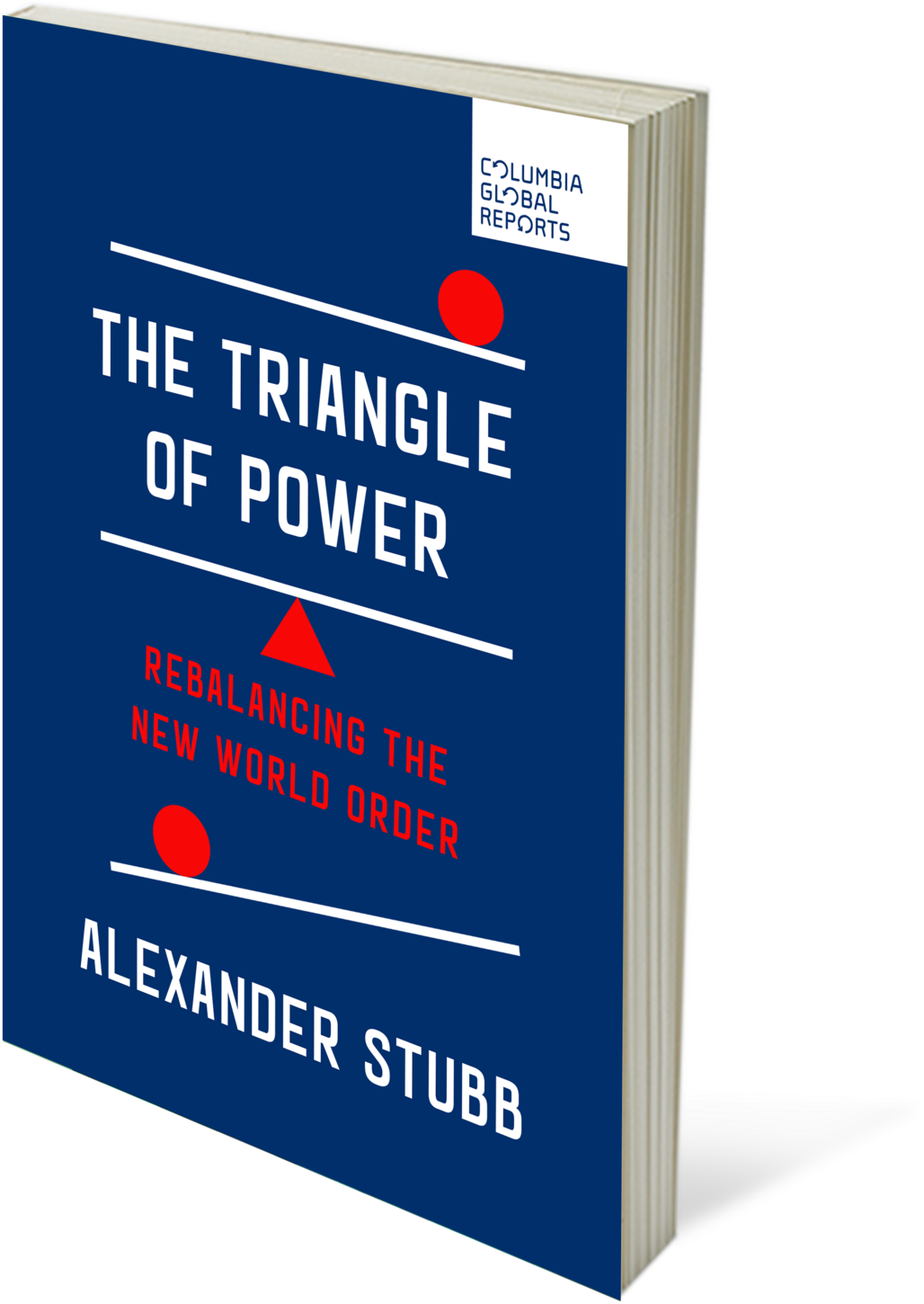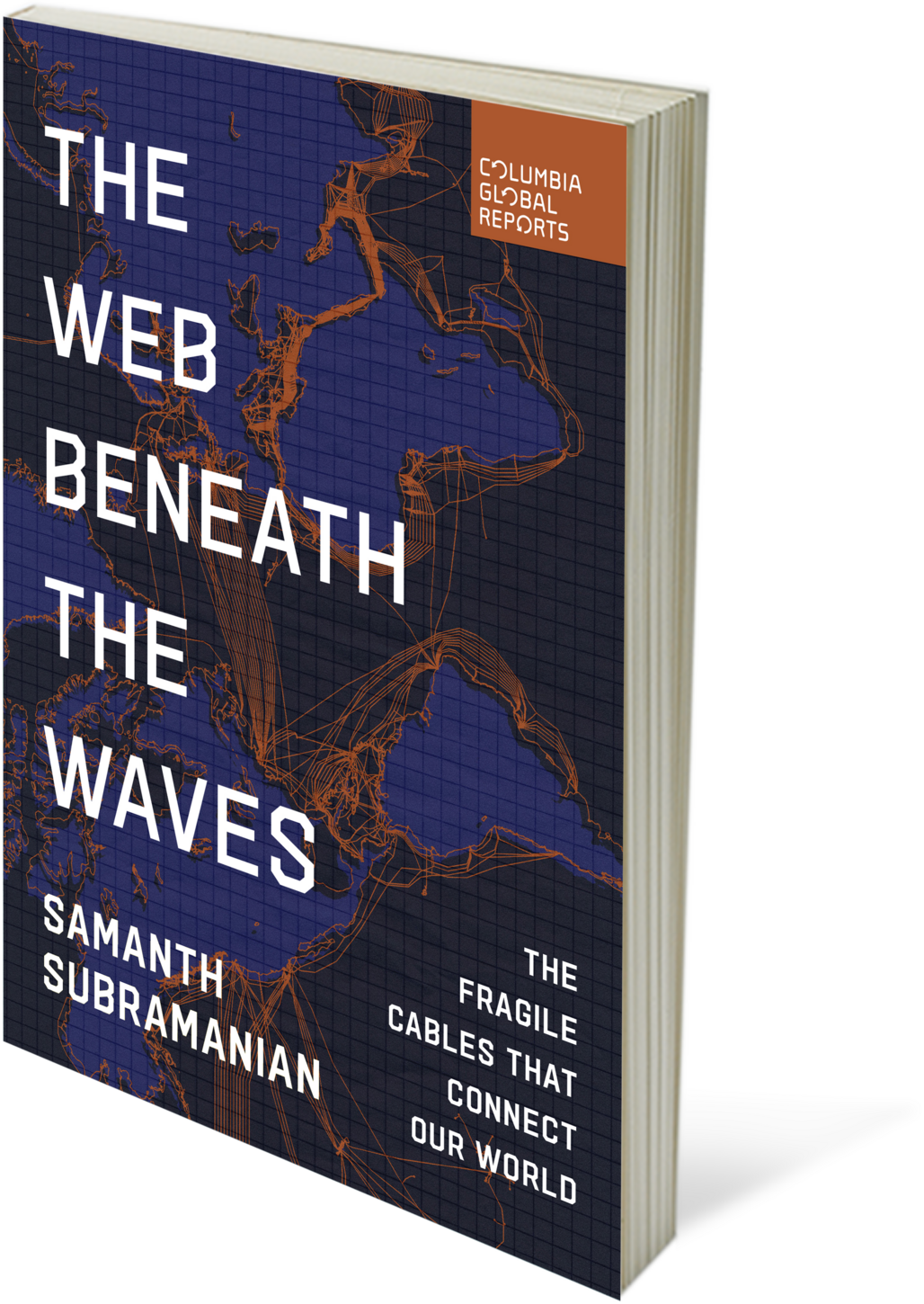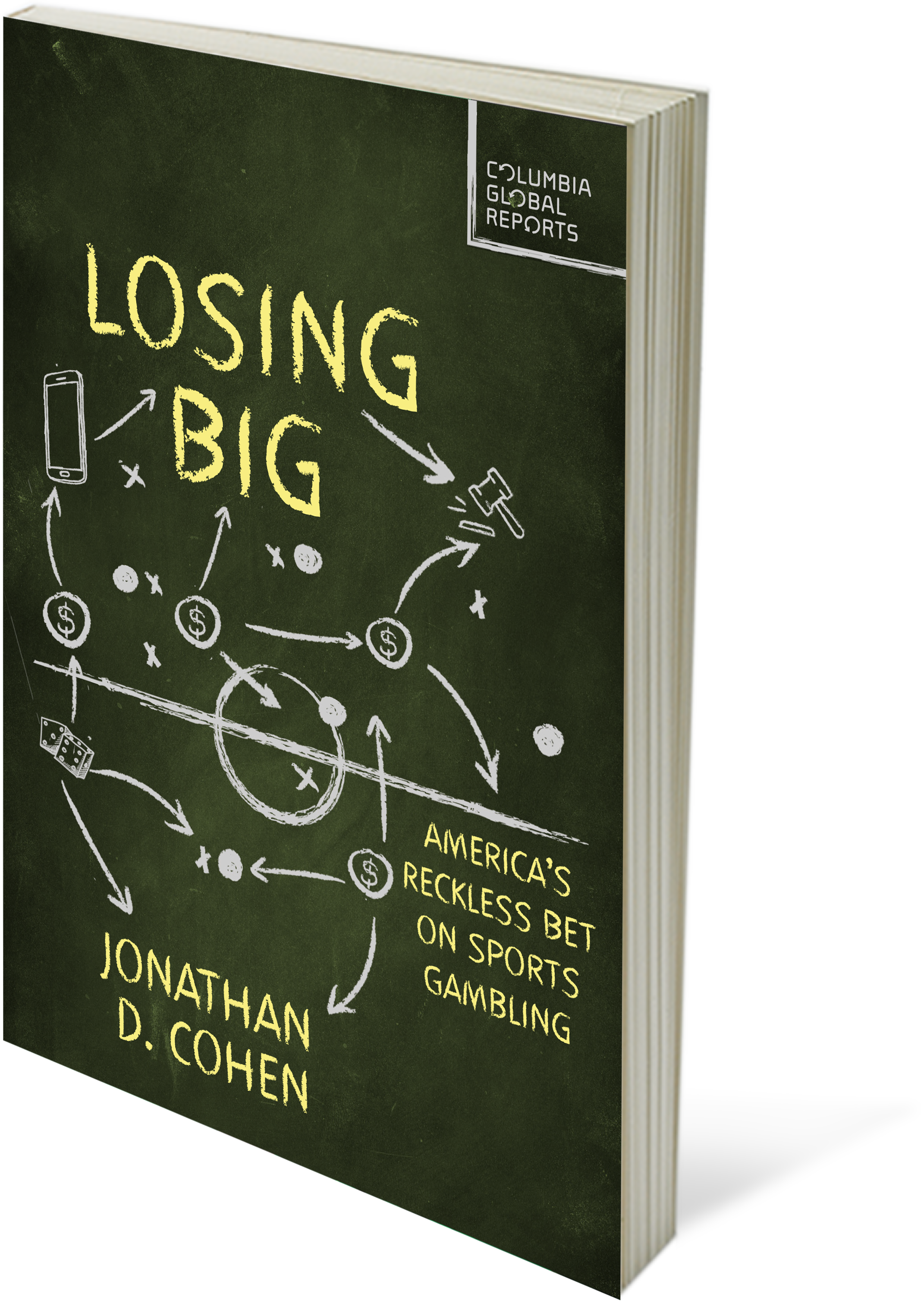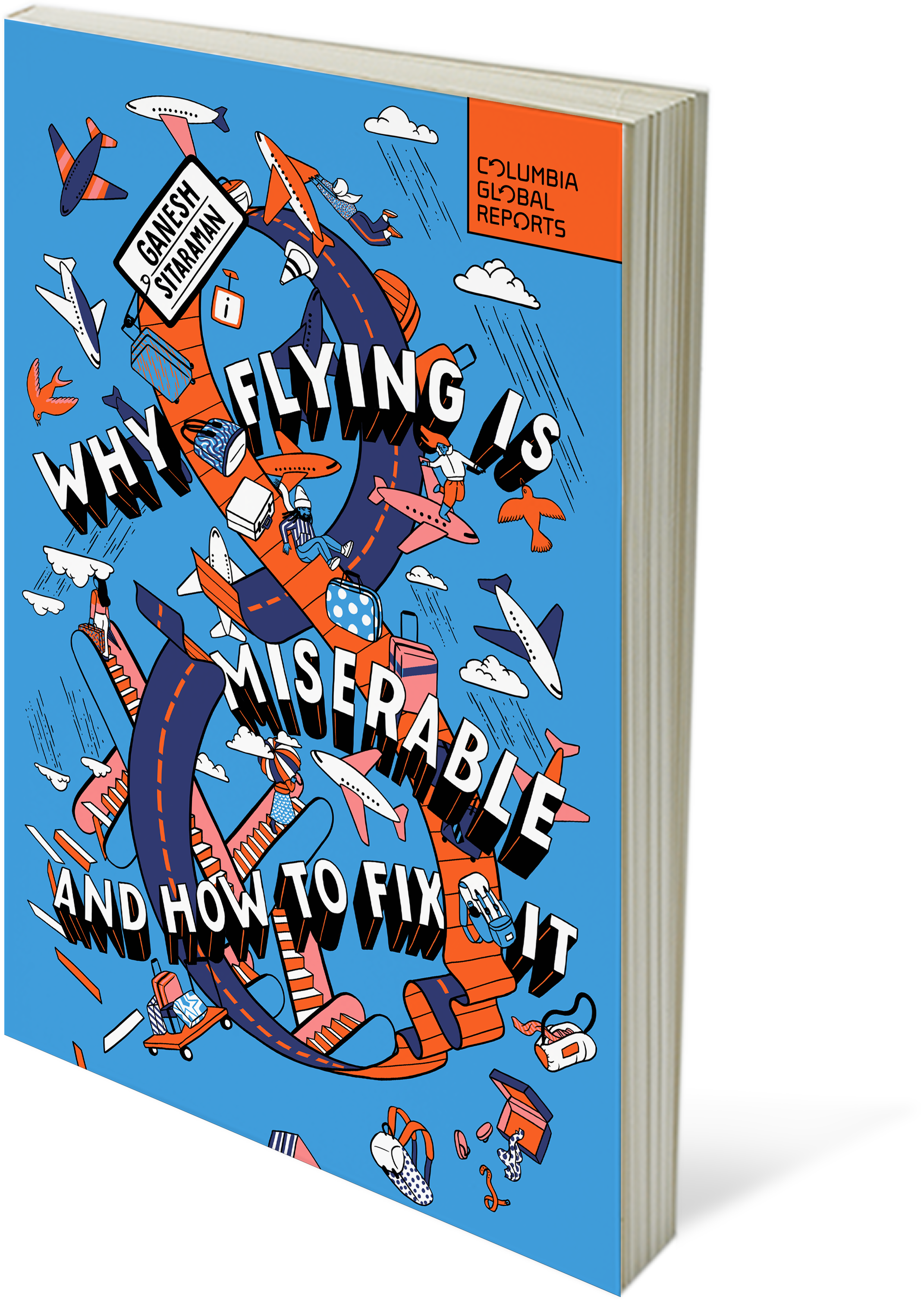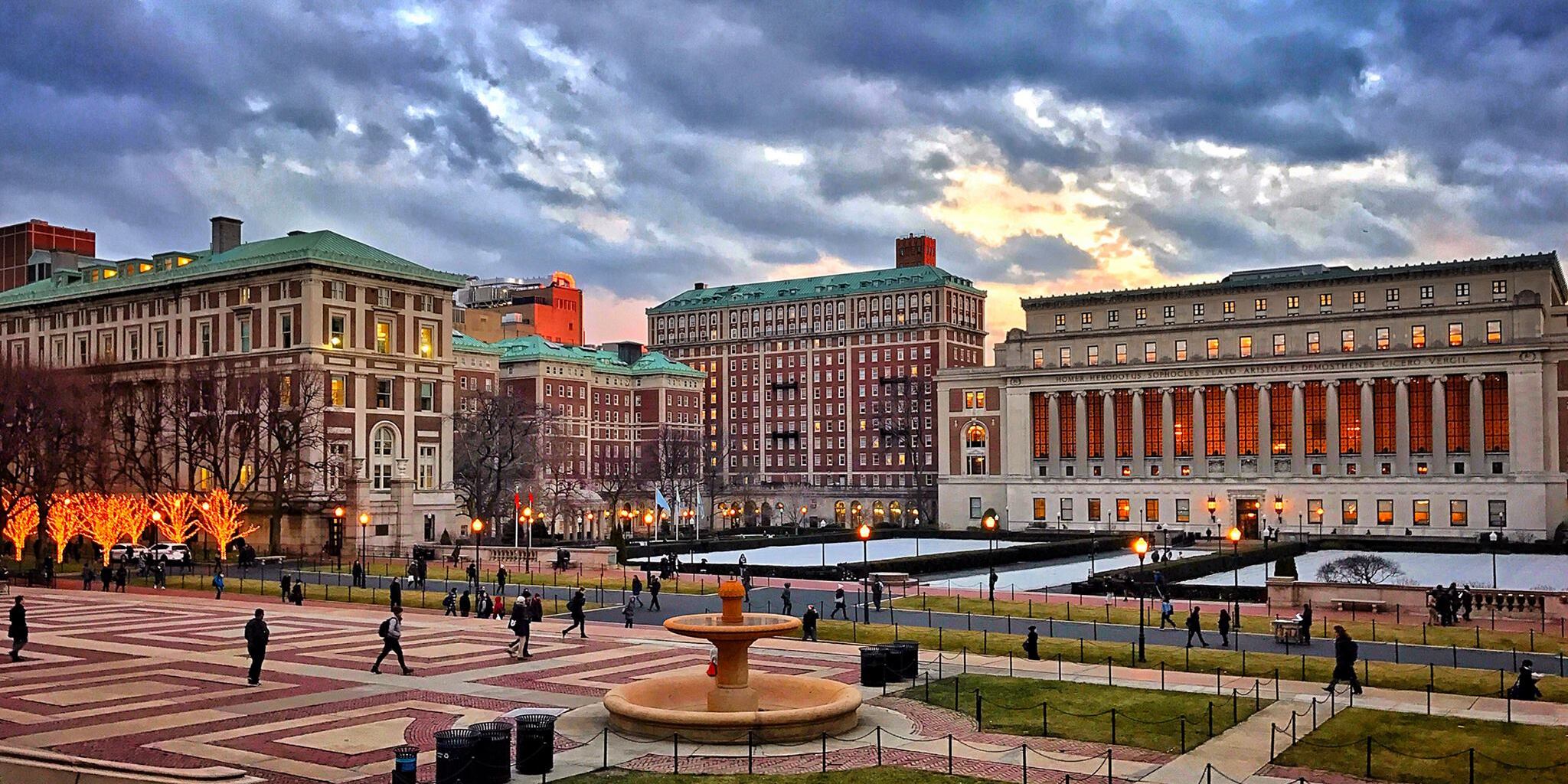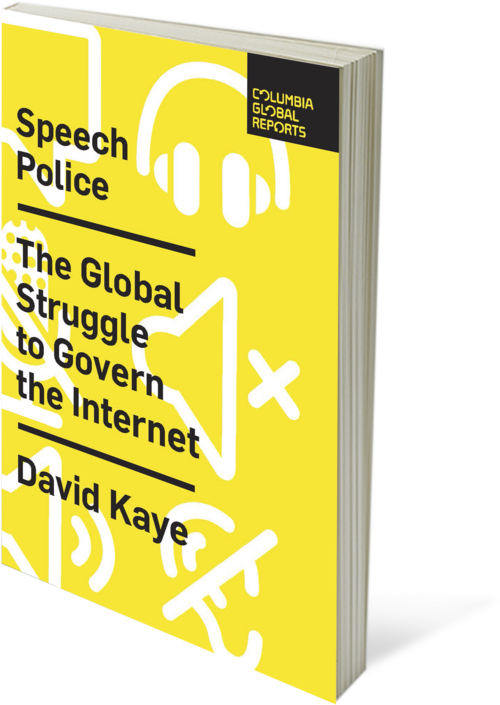High-Speed Empire
Chinese Expansion and the Future of Southeast Asia
By Will Doig
Journalist Will Doig travels to Laos, Thailand, Malaysia, and Singapore to chronicle China’s ambitious attempt to build new high-speed rail lines, and the dramatic transformations taking place as ordinary people are caught up in the economic and cultural collision.
$14.99
ISBN: 9780997722987
ebook ISBN: 9780997722984
On Sale: May 1, 2018
Pages: 108
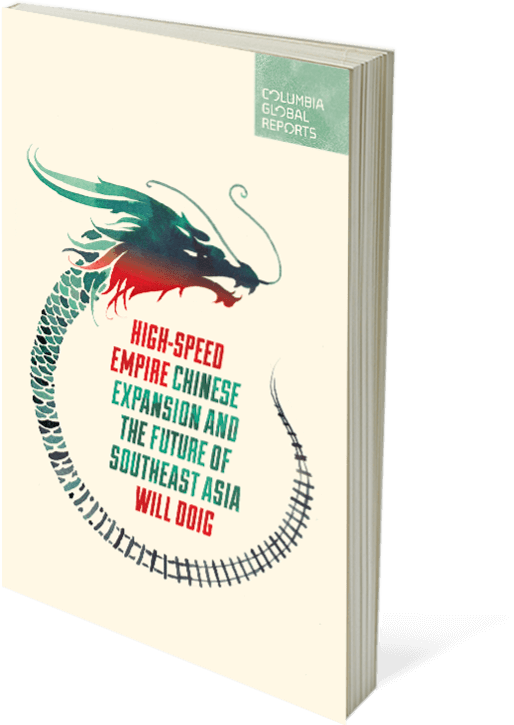
Overview
A decade ago, China did not have a single high-speed train in service. Today, it owns a network of over 14,000 miles of high-speed rail, far more than the rest of the world combined. Now China is pushing its tracks into Southeast Asia, reviving a century-old colonial fantasy of an imperial railroad stretching to Singapore and kicking off a key piece of the One Belt One Road initiative, which has a price tag of $1 trillion and reaches inside the borders of more than 60 countries.
The Pan-Asia Railway portion of One Belt One Road could transform Southeast Asia, bringing new cities, economies, and migrants to places where none existed before. But if it doesn’t succeed, that would be a cautionary tale about whether a new superpower, with levels of global authority unimaginable just a decade ago, can pull entire regions into its orbit simply with tracks, sweat, and lots of money.
In High Speed Empire, Journalist Will Doig travels to Laos, Thailand, Malaysia, and Singapore to chronicle the dramatic transformations taking place-and the ordinary people caught up in this moment of economic, political, and cultural collision.
No Upcoming Events
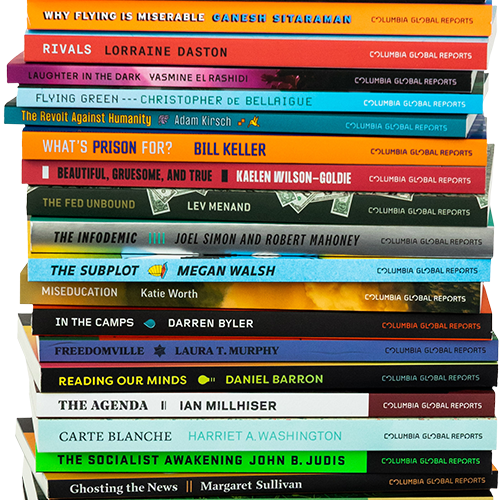
Be the Most Interesting Person
in the Room
Subscribe to Columbia Global Reports Books
Find new ways of looking at the world with Columbia Global Reports. Our $85 subscription includes six paperbacks mailed in advance of publication directly to your doorstep.

